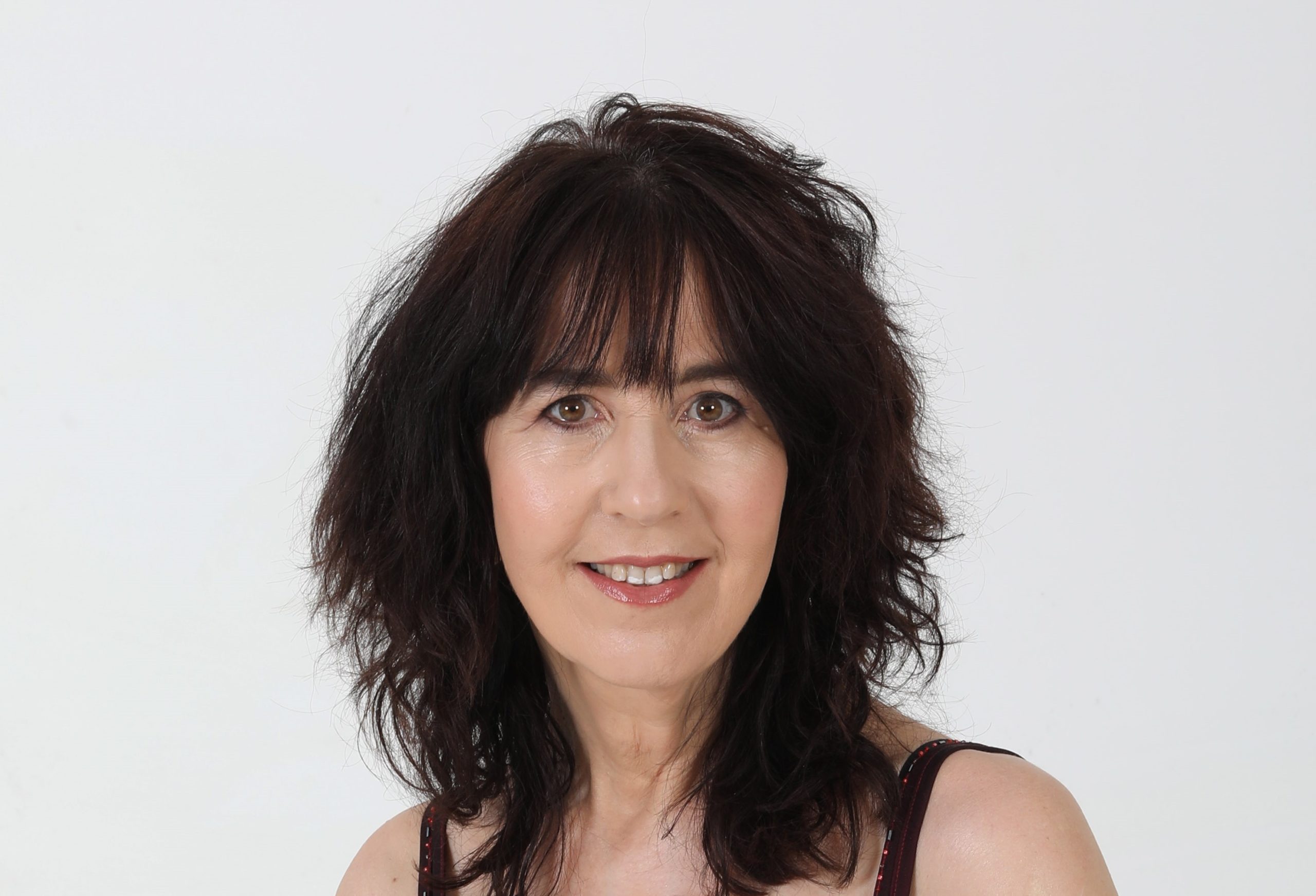
The Jewish Report Editorial

Lithuania’s uncomfortable truth
I have never witnessed as many people squirm as I did over the past week in Lithuania. They were reacting to talk of the Holocaust in Lithuania and the local people’s involvement in the brutal murder of what’s believed to be as many as 220 000 Lithuanian Jews, or Litvaks (as we are commonly known).
It was uncomfortable for me, and so obviously for them. However, there was something consoling in knowing that those people who were squirming recognised how horrifying it was to face a Litvak Jew over this part of their country’s history. And they quite apparently recognise what they lost in the decimation of 94% of the Jewish community.
And, while it’s obviously not their fault, because I don’t believe anyone can be held responsible for the sins of their fathers or their countrymen, they clearly do feel a sense of contrition. Many of the people I spoke to do so anyway.
I have no idea what percentage of the Lithuanian population was actually involved or willingly witnessed some of the brutality or murder, and I’m not sure we’ll ever know, but no matter how many, Lithuania needs to ensure that it is seen to be doing all it can to remedy this atrocity that was perpetrated there with the willing hand of many of its people.
I found it fascinating that when the subject of the Jewish genocide came up, most of the people I spoke to brought up their devastating history with Russia and the Soviet Union. Lithuanians, in general, despise Russia, especially the Soviet Union for what it did to their country and their lives. I was told, often, about the losses Lithuanians suffered under the Soviet regime. It has truly scarred and traumatised the country. So, when the orchestrated murder of 220 000 Jews in their country is brought to their attention, this is their form of reference. I guess we all look to some personal experience to try and understand someone else’s pain or experience.
South Africans may look to apartheid and its impact on people, even though nothing happened during apartheid that could come close to the wholesale slaughter of hundreds of thousands of human beings in a country.
Having spent a week in Lithuania, there’s still no way for me to understand how people did what they did to a people – our people.
In South Africa, our understanding of the Holocaust was the murder of six million Jews, most of whom died in concentration camps. In Lithuania, they mostly didn’t get to the concentration camps, they were simply lined up and murdered in or on the outskirts of their villages or towns. And, while the Nazis called for it, mostly Lithuanians did the killing – and then took all that the Jews had, including the clothes they were wearing before they were killed.
Most South African Jews are Litvaks, but still the narrative we hear and know isn’t of the Lithuanian Holocaust. It’s of concentration camps, Poland, and Germany.
While I now understand that what happened to Litvaks was apparently not spoken about in Lithuania until 1991, our grandparents – all of whom left Lithuania before World War II – eventually got to hear what had happened.
Imagine what our families here thought when suddenly they no longer had contact with loved ones they had left back in “der heim”. In South Africa, Litvaks established village or town societies and would meet up, mostly I guess to talk about the old days. But once word got out about what had happened, they created memorial or Yizkor books in which they gathered stories of their old life and what happened during the Holocaust. These were pieced together by the few who managed to escape and those few gentiles from villages who shared what they witnessed.
Now that I know, it’s jarring to me that commemorating Yom Hashoah here hardly ever touches on Lithuania, yet it’s the roots for most of us here.
Even in this newspaper, stories from Lithuania have been rare.
It took the likes of Grant Gochin, a South African-born Litvak activist fighting for Jewish justice in Lithuania, to bring it to most of our attention. He won’t accept anything less.
The truth is that until about four years ago, I was oblivious to what happened to my family and most of our families. Now, I can never get it out of my head.
I don’t have a sense that Lithuanians are bad people, but for the most part, this isn’t their fight or their worry, it’s ours. It’s something we need to know about and make sure that the world never forgets what happened.
The Lithuanian government has committed to upgrading the memorial sites at its 200 or so killing fields, and to make it far clearer who died there and what happened. The fact that at many sites, memorials still refer to Soviets rather than Jews having been killed there by Nazis and “their local accomplices”, isn’t acceptable.
It’s incumbent on those of us who are Litvaks to make sure this happens.
It’s also totally unacceptable that any person who is known to have been party to the mass killing of Jews is celebrated as a hero, no matter the role they may have played in other struggles. You cannot be a hero if you have murder on your hands.
I know this isn’t clearcut for all Lithuanian citizens, but I do believe many Lithuanians, especially the government, know what’s right and wrong. They have said that they are working towards ensuring that such people who are celebrated with plaques or statues won’t be for long. We wait not so patiently.
I’m so grateful for being given the opportunity to visit “der heim” so I could see for myself what happened, how the few hundred remaining Jews live there, and what’s being done to right wrongs.
Watch this space, there are more stories to come.
On this week of Shoah, I call on everyone never to forget what happened. We need to make sure our children know our history, and that they learn that racial hatred or hating people because they aren’t like you is unacceptable.
Shabbat Shalom!
Peta Krost
Editor











Choni Davidowitz
April 21, 2023 at 5:21 pm
And so many Jews are seeking Lithuanian citizenship. Shame on them.